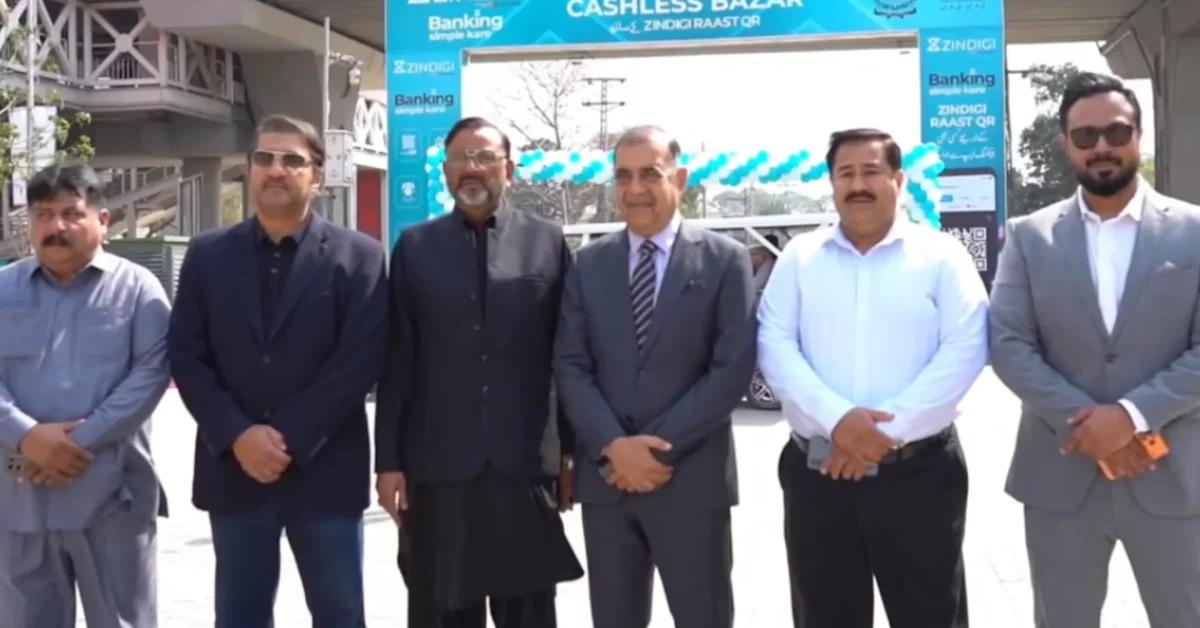
Jazz raises minimum salary to PKR 62,000: CEO Aamir Ibrahim
April 8, 2023
The Potential Of Circular Economy in Pakistan
April 22, 2023Pakistan’s Banking Sector Adopts Blockchain Technology to Combat Money Laundering & Terror Financing
In a significant step towards combating money laundering and terror financing, Pakistan’s banking sector has launched blockchain technology for the first time. This move is aimed at attracting workers from Malaysia and is part of the Financial Action Task Force’s (FATF) recommendations to tackle illicit financial activities.
Pakistani banks have been working on developing blockchain technology for the past few years, which has already been adopted by several foreign countries. Blockchain technology will secure transactions and monitor each step taken by the receiver and sender, making it easier to track the flow of funds.
The use of blockchain technology will help to fight the illegal Hawala and Hundi systems at an international level. Hawala and Hundi systems are illegal money transfer methods used to move money across borders without the involvement of banks or financial institutions.
According to Abid Qamar, a spokesman for the State Bank of Pakistan (SBP), “The deployment of blockchain technology, however, does not mean Pakistan has allowed international financial transactions in bitcoin and cryptocurrencies, which remain banned in the country.”
Despite the ban on cryptocurrencies, the SBP has allowed the use of blockchain technology as it has thousands of uses beyond cryptocurrencies. One of the significant uses of blockchain technology in Pakistan is cross-border remittances. Telenor Microfinance Bank has partnered with Valyou of Malaysia to introduce Pakistan’s first blockchain-based cross-border remittance service, powered by the industry-leading blockchain technology developed by Alipay – the online payment platform operated by Ant Financial Services Group.
Standard Chartered Bank will play a crucial role in attracting remittances through blockchain technology. The central bank governor said that the government and the SBP had taken several initiatives to promote the transfer of home remittances using formal financial channels. The new blockchain technology-based remittance service would complement these efforts as the transfer of cross-border remittances in real-time would bring convenience and facilitation for both the senders and beneficiaries.
The use of blockchain technology is a significant step towards making Pakistan’s financial sector more secure and transparent. It is expected to improve the country’s standing in the eyes of international financial institutions, making it easier for Pakistani banks to conduct international transactions.
Moreover, the use of blockchain technology will also help Pakistan meet the FATF’s recommendations to combat money laundering and terror financing. The FATF is an intergovernmental organization that develops policies to combat money laundering and terrorist financing. It sets standards and promotes effective implementation of legal, regulatory, and operational measures to combat these illicit activities.
In conclusion, the launch of blockchain technology in Pakistan’s banking sector is a significant step towards making the country’s financial sector more secure and transparent. It will help to fight against money laundering and terror financing and is expected to improve Pakistan’s standing in the eyes of international financial institutions. The use of blockchain technology is a positive development that will pave the way for the country’s economic growth and development.





